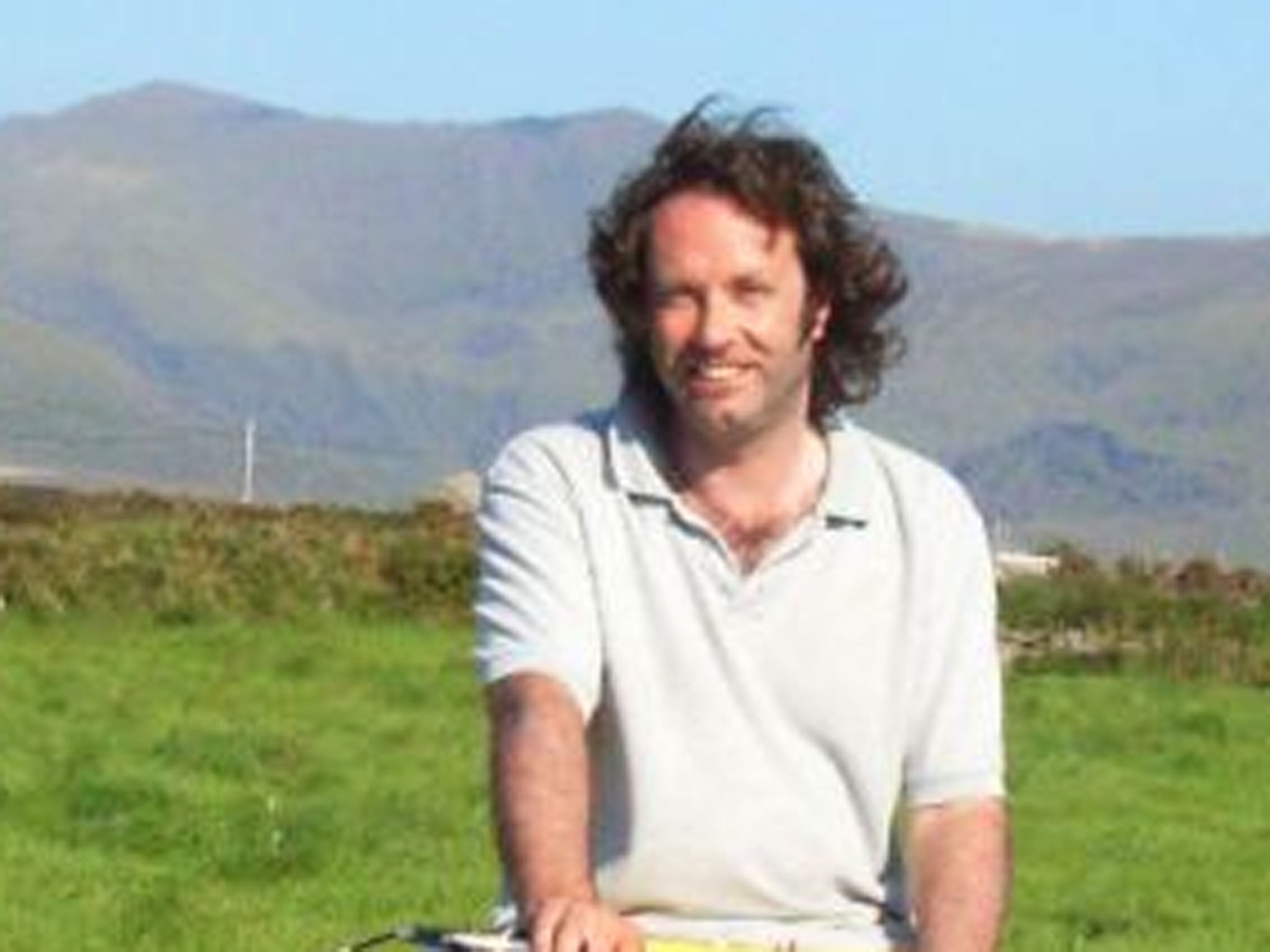BBC reporter threw himself under bus after 'cover-up' over harassment allegations he made against colleague
Family said BBC managers did too little to help when he contacted them to address the concerns

Support truly
independent journalism
Our mission is to deliver unbiased, fact-based reporting that holds power to account and exposes the truth.
Whether $5 or $50, every contribution counts.
Support us to deliver journalism without an agenda.

Louise Thomas
Editor
A BBC reporter threw himself under a bus after accusing the corporation of covering up allegations that he was subjected to "unwanted advances" by a female colleague, an inquest has heard.
Russell Joslin is said to have received a threatening voicemail by the colleague, who caused him to become "black with rage" when she herself made claims of sexual harassment in the wake of the Jimmy Savile scandal.
An inquest in Leamington Spa, Warwickshire, heard that Mr Joslin, a BBC Coventry and Warwickshire radio reporter, 50, died in hospital last October, three days after being struck by a bus.
Mr Joslin had previously been treated at a mental health unit in March last year. His family said BBC managers did too little to help when he contacted them to address the concerns which had forced him to take time off work due to stress and anxiety.
Giving evidence to the inquest, Mr Joslin's father, Peter, said his son had become "more and more concerned" about his alleged treatment by the woman, who cannot be named under an instruction by the Coroner.
Mr Joslin, a former chief constable of Warwickshire Police, claimed the colleague had put pressure on his son as long ago as 2006.
The journalist's father told the inquest: "She threatened him that he would never work again or never get any higher. It did cause him a lot of problems. It became so important at the end, in the final few days.
"He became very, very concerned about the way the individual concerned was treating him and making his life so difficult."
Russell Joslin believed the woman was guilty of hypocrisy when she discussed allegations about Jimmy Savile on national media. His father said: "He was furious she had put herself in a position of an aggrieved party, given the way she'd treated him. He was black with rage to think she should take that line on TV."
After his son's brief admission to a mental health hospital in March last year, he seemed to make a very quick recovery, according to his father. But on October 18 last year, a friend contacted the journalist's father to warn him that his son had told him he was having suicidal thoughts.
The following day the reporter, who joined the BBC in 1997, suffered non-life-threatening injuries when he was struck by a bus, but was later found dead after being admitted to hospital in Warwick.
An inquiry into the affair by Lesley Granger, an independent HR professional, found failings in the way the BBC had responded to Mr Joslin.
Ms Granger told the inquest Mr Joslin alleged that the colleague had become "very unpleasant" after he declined her advances during 2006.
During April 2006, Mr Joslin claimed to have received a voicemail message in which threats were made.
Ms Granger claimed the BBC's outsourced occupational health unit (OH) had failed to properly handle records of Mr Joslin's complaints the previous March.
The inquest heard there had been two separate transcripts of the OH interviews. The second had removed any reference to Mr Joslin's complaints about "sexual harassment".
In early October last year, the inquest heard, Mr Joslin arranged a further meeting, which he left "thinking there was some sort of cover-up going on."
But Ms Granger told the inquest there was no evidence of a deliberate "cover-up", which Mr Joslin had alleged in texts to friends.
A post-mortem examination found Mr Joslin died from asphyxiation after obstructing his own airway.
Recording a verdict that Mr Joslin took his own life, coroner Louise Hunt said "multiple factors" appeared to have affected him.
The coroner said: "We know from the medical evidence that Russell was paranoid.
He had had a lack of sleep, there was a lack of career progression and he was frustrated with the situation with the colleague."
Subscribe to Independent Premium to bookmark this article
Want to bookmark your favourite articles and stories to read or reference later? Start your Independent Premium subscription today.
Join our commenting forum
Join thought-provoking conversations, follow other Independent readers and see their replies
Comments